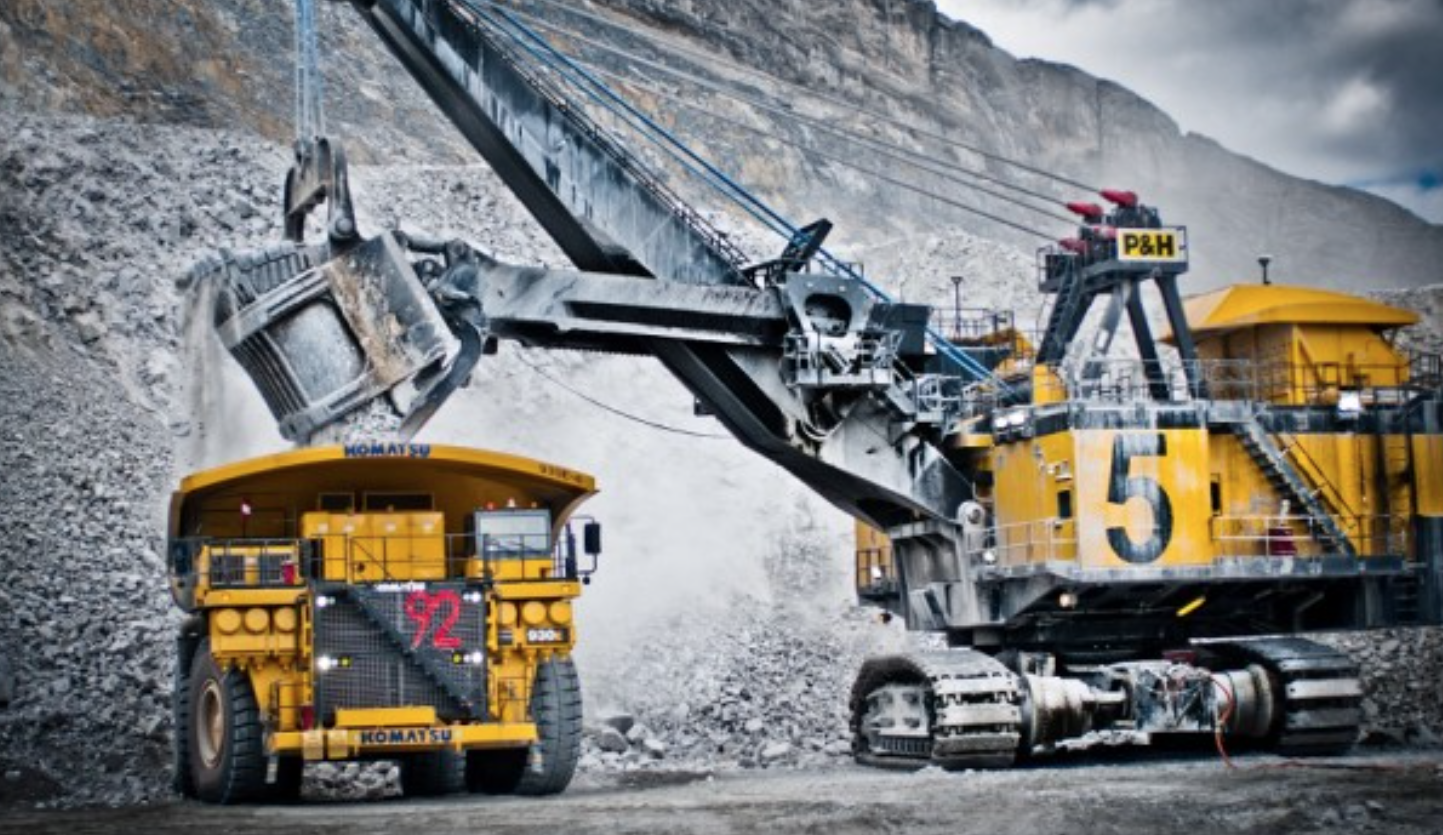A characteristic of the Latin American left that separates it from its European and North American counterparts is its clear commitment to the exploitation of natural resources as a lever for development. It is striking to see how, once in power, leftist leaders redouble their bet on producing raw materials to finance their social projects. Thus, while in Washington, London, and Paris, progressive governments discuss greener forms of energy and the reduction of polluting emissions, in Mexico City, Buenos Aires, Caracas, and La Paz they continue to talk about mining and fossil fuels. If anything, what we see are semantic twirls between leftist leaders that, on the one hand, reject right-wing neo-liberal orthodoxy, but on the other hand, they gamble their political capital and resources on industries with high environmental impact. Still, for the hills and forests that are being cleared, semantics are irrelevant. It is therefore worth asking, what is behind the link between the left and the exploitation of natural resources? And, why is the environmental agenda in Latin America abandoned? Along these lines, I offer a hypothesis: the crossing of the nationalist mythology of the nineteenth century with the revolutionary impulse of the twentieth. But let’s go by parts, starting with the data.
Latin American countries are, in general, highly dependent on exports of raw materials, according to a report published by the United Nations entitled State of Commodity Dependence 2021. A country would be dependent when more than 60 percent of its total merchandise exports are made up of commodities. That is the case for Bolivia, with 94%, Ecuador (93%), Peru (90%), Chile and Paraguay (both 87%), Venezuela (80%), Uruguay and Colombia (both 79%), Brazil (66%), and Argentina (64%). Regarding Central American and Caribbean countries, the share in the majority of them hover around 60%. The exception to the rule is Mexico, which has a relatively low percentage (15%).
That said, the current administration of Andrés Manuel López Obrador (AMLO) is promoting projects with a high environmental impact. I am referring especially to the Dos Bocas oil refinery in his home state of Tabasco, and the so-called Mayan Train that will run across the jungles of the Mexican southeast. These are two multi-billion dollar infrastructure projects that, frankly, are indefensible from an environmental point of view. However, they confirm that this environmental issue is not a priority for AMLO. Therefore, he is not very different from other regional leaders such as Chavez, Morales, Correa, the Kirchners, and even Brazil’s Lula da Silva, who managed to position a narrative where the exploitation of natural resources is an act of social justice and income redistribution.
What is behind this narrative common to leftist leaders? The intersection of nationalism and revolutionary thinking. Let’s start with the first element: political nationalism.
Benedict Anderson points out in his classic work “Imagined Communities” that nationalism is a phenomenon that first emerged in the New World, specifically in the United States and later in Spanish-speaking American countries. That nationalist breath would be fundamental for the birth of the modern Latin American states, as it would have given rise to the Spanish-American revolutions that created a new political geography over the vast viceroyalties and captaincies of the Spanish Empire in America. It is important to point out that the emergence of today’s Latin American countries was not a linear or predestined process as textbooks suggest. Quite the contrary. Today’s Latin American political geography is one of many combinations that were tested during a good part of the nineteenth century.
For another great theorist like Charles Tilly, the region can even be seen as a “graveyard of states”. Consider the failed republics of Central America, Gran Colombia, Rio Grande, Liga de los Pueblos Libres, Yucatan, etc. Whoever is curious about those other states and political geographies that never came to be, should refer to Sebastián Mazzuca’s book Latecomer State Formation, where he explains the weakness of modern Latin American states on the basis of the particular geography of the region.
The nineteenth-century nationalism of our America, autochthonous according to Anderson, will merge in the twentieth century with the Marxist revolutionary thought, as has clearly happened in Cuba with the figures of José Martí and Fidel Castro. But they are not the only case. In Mexico, this fusion is also evident in the Institutional Revolutionary Party (PRI), which dominated a good part of the past century as the hegemonic party. Founded in 1929 as a federation of revolutionary caudillos, its original name leaves little doubt as to its political orientation: National Revolutionary Party (PNR). In its case, it was during the government of General Lázaro Cárdenas (1934-1940), when nationalism and revolutionary thought merged in a clear commitment to the exploitation of natural resources as a lever for development.
In fact, on March 18, 1938, Cárdenas decreed the nationalization of the oil industry in Mexico, which was then exploited by foreign companies established in the country. The expropriation had great repercussions in the continent, and in general in the developing world, illustrating how a leftist ruler could take control of his country’s natural resources to increase public spending and strengthen the State.
Nowadays, in the twenty-first century, the Latin American left continues to feel comfortable in that space where nationalism and revolutionary thinking overlap. The exploitation of natural resources by progressive governments generally obtains political and popular legitimacy, despite the very-high environmental impact of some of their initiatives. But we are beginning to see changes. For example, we see today in the speech of Colombia’s new president, Gustavo Petro, or the Chilean president Gabriel Boric, an attempt from the left to pick up the environmental flag in Latin America.
In recent weeks, Boric enacted a “Framework Law on Climate Change” and in his speech, he seemed to try to take the lead in renewable energies in the region: “As our Minister of Environment says, we have no time to lose. We are not talking about the future, we are not making an act of generosity to the generations to come, we are talking about our own survival”. Indeed, time is running out, as environmental degradation in the region is inexorably advancing.
Translated from Spanish by Ricardo Aceves













